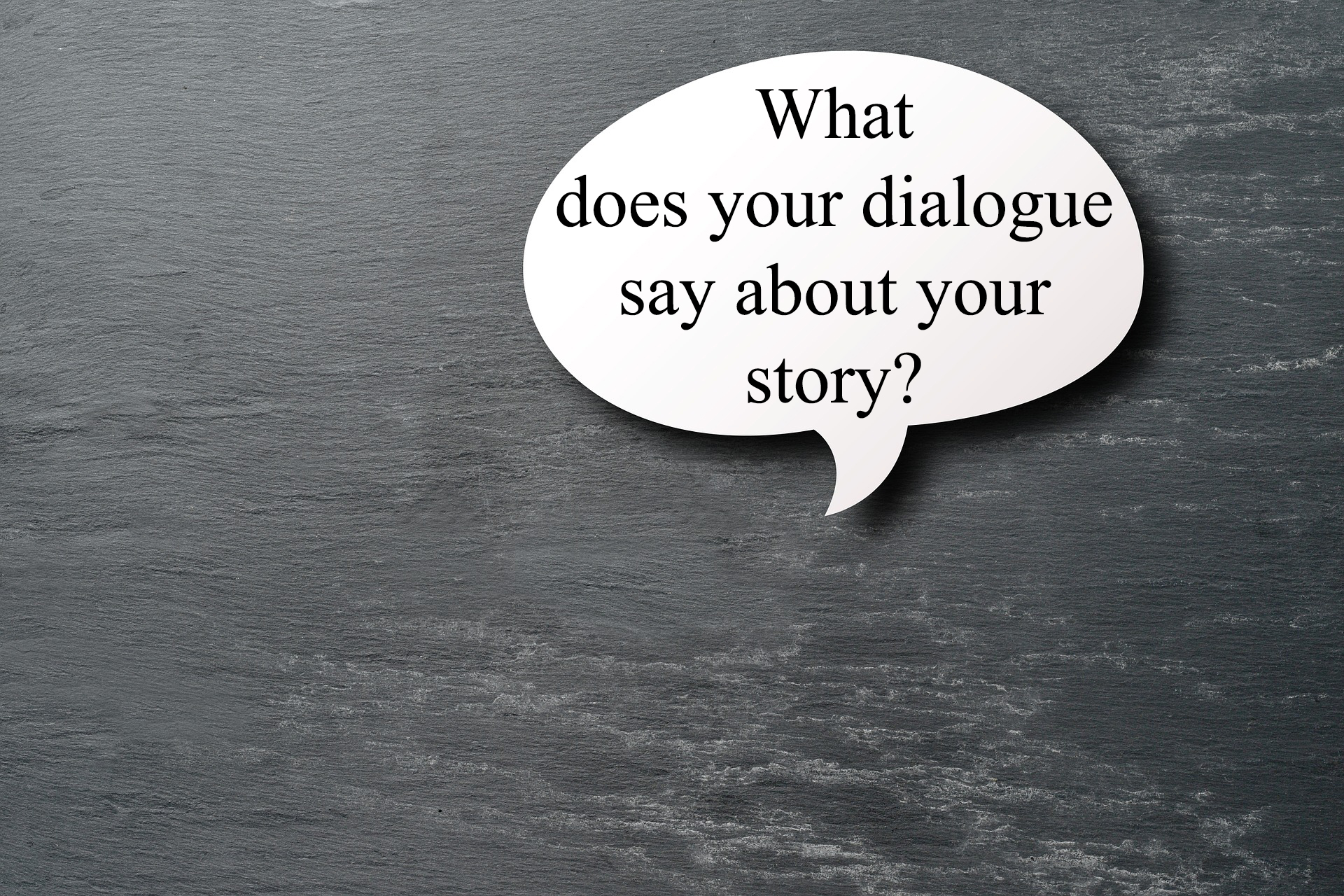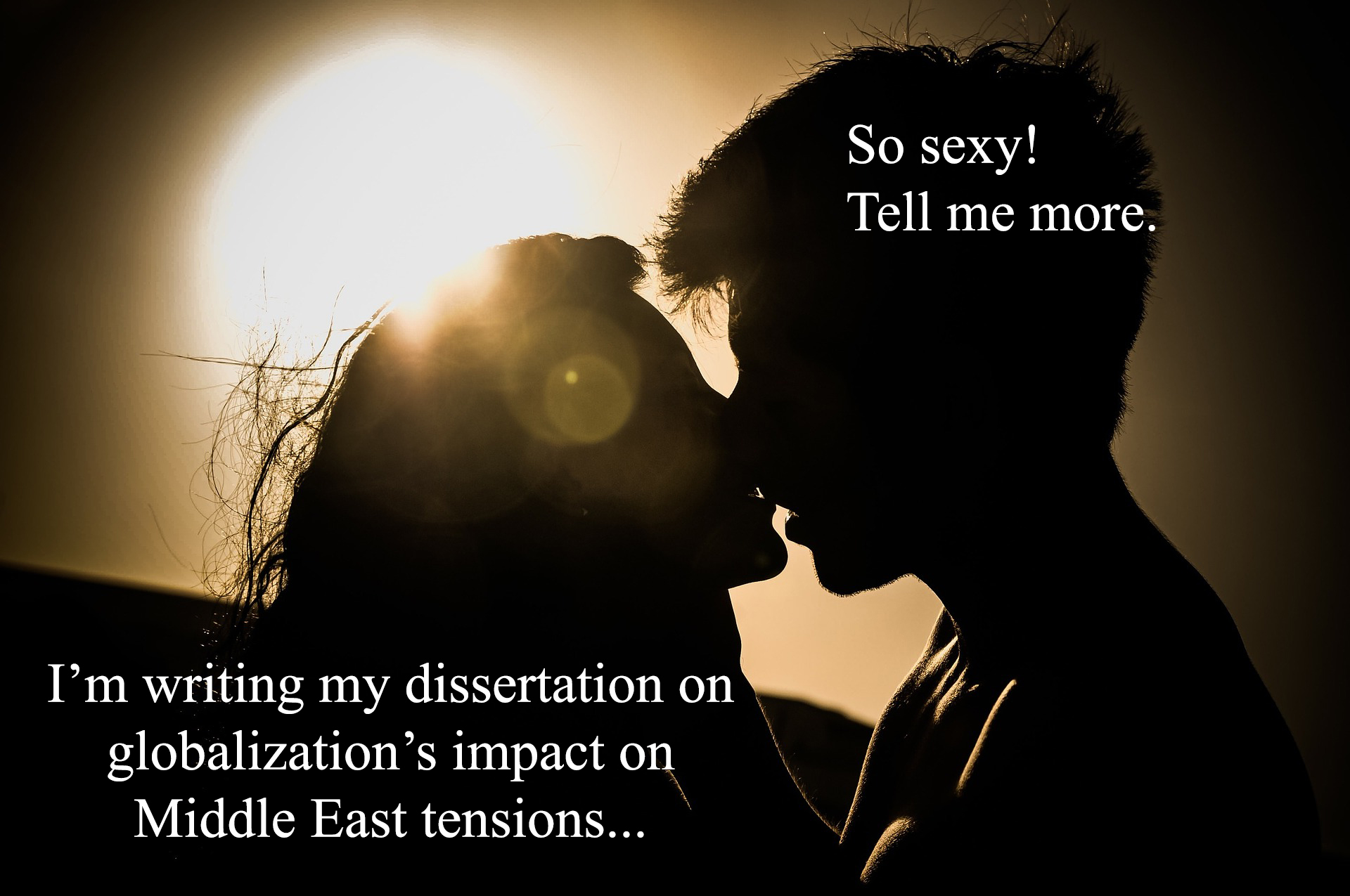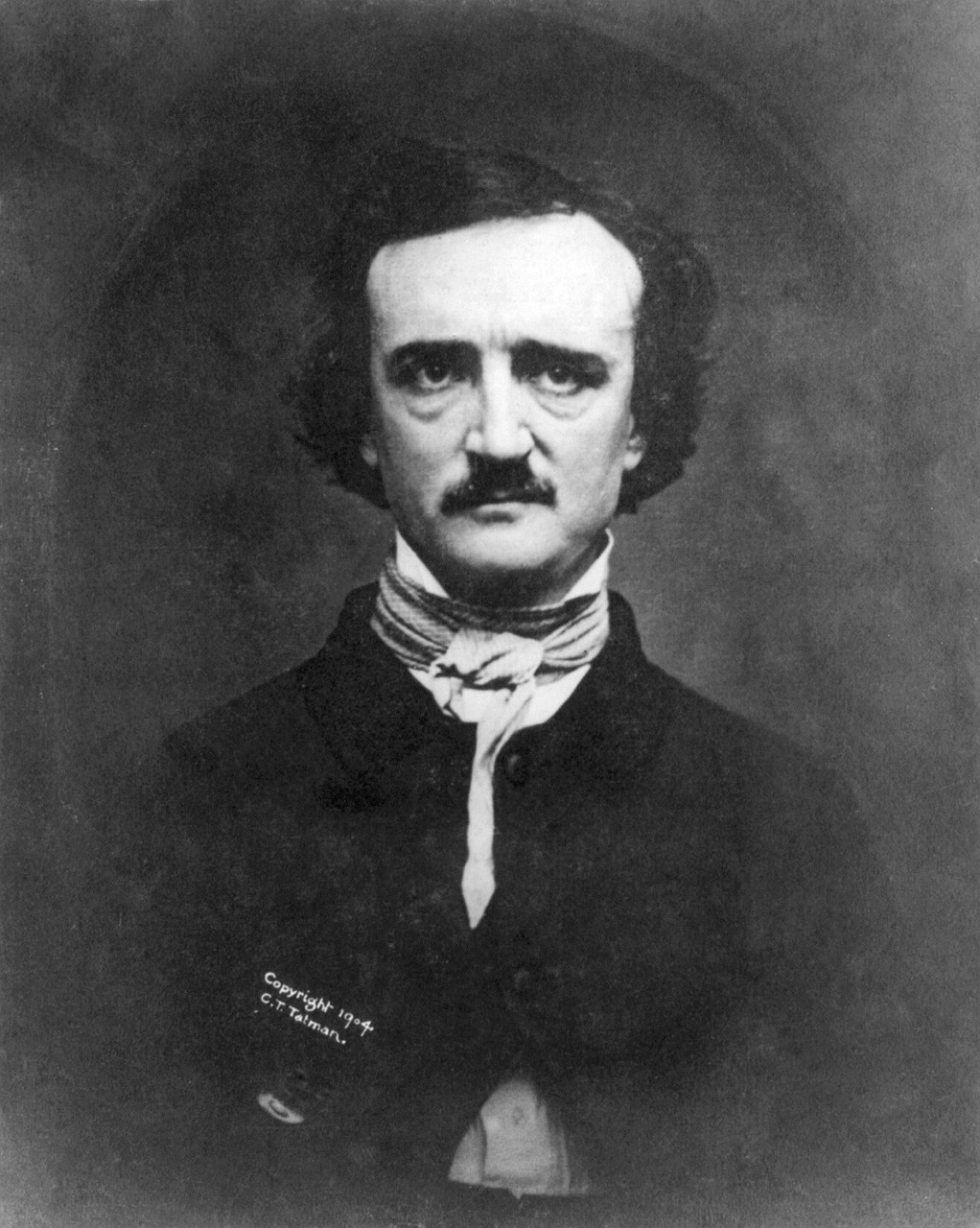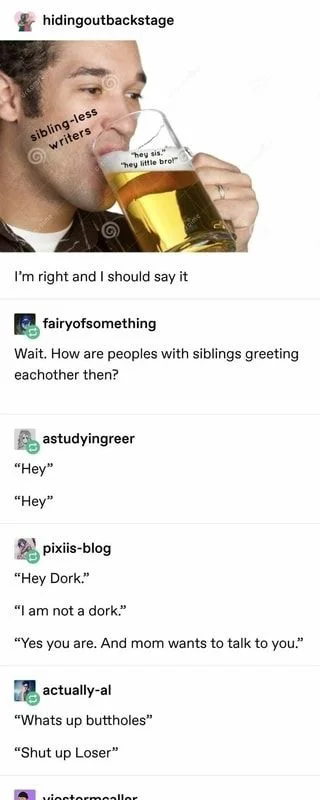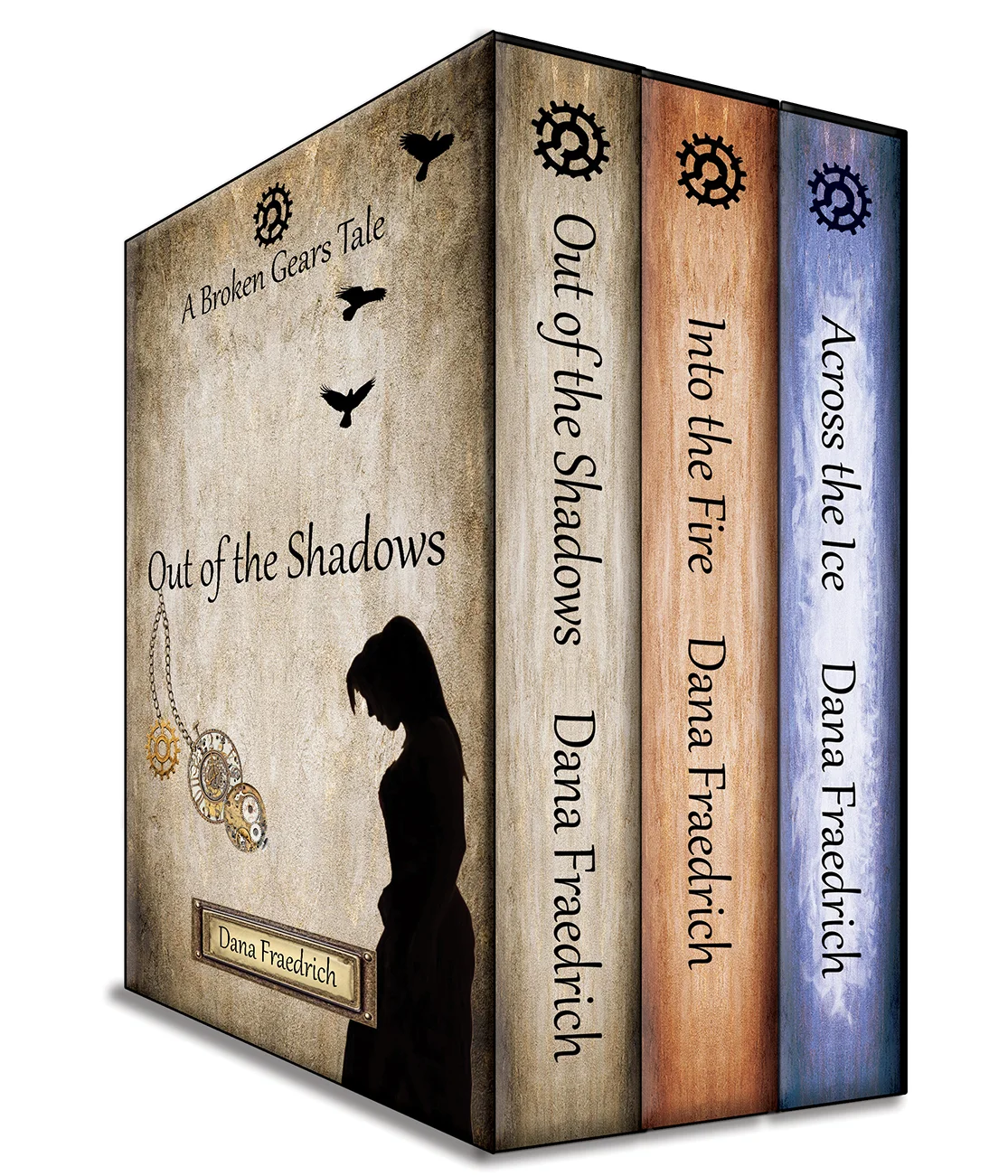Writing Realistic Dialogue
/I should run a poll on people’s favorite writing bits—scenery/atmosphere, action scenes, etc. Mine is dialogue. Maybe that’s because I talk a lot. Writing dialogue in books can actually be really difficult, though. Dialogue, like the other parts of writing, should always be performing work for your story. And since it’s people’s main mode of communication, it does many jobs. With all that labor, things can go a bit pear-shaped pretty quickly.
Fair warning: what began as a post about writing realistic dialogue has evolved into a post about that, as well as some of the other tricky dialogue-related things in writing. Maybe get a cuppa tea and settle in.
Cut the Deadwood, Plant What’s Helpful ~ People do tend to go on, don’t they? And on. And on. Yes, people babble like crazy, but you need to trim most of that away when writing dialogue. If you don’t, you’ll end up with a lot of excess filler that doesn’t really serve any purpose besides eating up word and page counts. If you’re going to have a character babble, they should do it for a reason, and this can be a really effective way to show instead of tell. For instance, maybe you’ve written…
“I don’t know what you mean,” Johnny said nervously.
Instead, show us how Johnny is exhibiting his nervousness through speech and actions…
Johnny wrung his hands, saying, “I… I don’t know what you mean. I haven’t been down there. I mean, I have, but not recently. Not in a few… a few months.”
Johnny is not only nervous as all heck, but he also might be a really bad liar in general. What if he has to convincingly lie later on when the stakes are really high? Dun-dun-duuuuuuun!
Dialogue also colors in a character’s background and personality. Someone born and raised in high society London will speak differently than a child in that same city who grew up on the streets—unless part of their background is that they’ve worked to change how they sound for some reason. My Thorne twins are giving me looks 😜. There’s an idea in the writing world that a reader should always be able to tell who’s talking without the help of a dialogue tag. I don’t agree with that 100%. I mean, if a character has a line that just says, “Yes,” I’m not sure that’s an entirely fair expectation. But I agree with the intent of the idea. Characters should have distinct voices. Even if two characters grew up in the same socio-economic circumstances, went to the same school, share similar interests, they’re still individual people with different preferences and upbringing experiences. One might swear more freely than the other, one might be a mumbler. People are unique; your characters should be too. And the way they speak should reflect that. Why would you have two identical characters anyway? What’s the point in that? Even Fred and George Weasley had their differences.
And speaking of swearing, your character’s vernacular should reflect the world in which they live. The old-timey phrase, “Zounds!” is a shortening of the old-timey swear, “God’s wounds!” which refers to Christ’s wounds during the crucifixion. Ain’t etymology great? Anyway, this in a reflection of Christianity’s influence in our world. Likewise, we’ll often hear Varrick from the Dragon Age series use the swear, “Andraste’s ass!” In the same way, that reflects the Andrastian influence in that universe.
Even jokes can be a reflection of culture. For instance, a culture that reveres cleverness and wordplay could hold puns in high regard. What? It could happen! Anyway, be sure to consider all these things when writing your characters’ dialogue. Nothing happens in a vacuum. That goes double for slang since it often develops in response to popular culture.
Dialogue and Narration are Different Beasts* ~ Dialogue shouldn’t be written the same way as you write narration.
*Okay, there is a huge exception to this rule, which is first person POV. In that case, dialogue and narration will have the same voice.
In narration, you’re probably going to mention the gleaming wood floors, leaves susurrating in the trees above, mist wreathing the majestic mountains in the distance, etc. But this is generally not how people talk**. Narration is written in your voice, while dialogue is written in each different character’s voice.
**Okay, you might have one character who talks like that because they’re a poet or artist or whatever, but that’s a voice unique to them. If your characters’ speech all sounds suspiciously like your narration voice, you might need to flesh them out as individuals a bit more.
Fit the Mood ~ Let’s say If things are getting steamy between two of your characters. Anything said between them is going to come out very differently than if they were discussing geopolitics in a coffee shop. It sounds crazy, but I’ve actually seen two characters discussing that very subject in what was supposed to be a sexy scene. It was a rough draft, though, which are for fixing those sort of issues, so NBD. Anyway, part of the reading experience is to feel the emotion of each scene, and the dialogue not fitting that mood is a surefire way to take your readers out of the moment. Think about what’s happening in that scene and how it would affect their speech. Hearts beating fast, trying to catch their breath. Their voices are going to come out breathy, their sentences short.
That’s not to say you can’t have a conversation happen at the same time. I’ve seen Gail Carriger do this in one of her books. Alexia is trying to question her husband about something and she keeps getting very… ahem, distracted. Which totally worked! Like I said, it just wouldn’t happen the same way as if they were sitting across from each other at a coffee shop and having the same conversation.
Likewise, if someone’s just died and your characters are discussing a heavy issue, be careful with humor. You can really undermine the gravity of the moment by having someone make a stupid joke. I refer you to (SPOILER ALERT!) the part in The Last Jedi where the docking bay gets blown up and a bunch of loyal rebels have just died. It’s a really shocking and tragic event, and they undermined it with a snarky throwaway line. You totally can do humor, though. That’s often how human beings cope, but it needs to fit. Too often, I see authors try to shoehorn in quippy lines for the sake of the quippy line. I’ve done it plenty of times. But if it doesn’t work for the scene, in the immortal words of Stephen King:
“Kill your darlings.”
Whatever joke is made should serve the purpose of the characters, both still living and dead.
Dialogue Exhibits Character ~ I touched on this above, but I want to dig in a little more in its own section. Here’s the thing, the narration can tell us all day long what a character is like. It’s their actions, though, (which includes what they choose to say) that really show us. If your narration is saying something that character actions show us isn’t true, then readers aren’t going to trust that narration for very long. Now, maybe you want an unreliable narrator. Doing that intentionally is something totally different. Consider the beginning of Poe’s The Tell Tale Heart:
{Source}
“TRUE!—nervous—very, very dreadfully nervous I had been and am; but why will you say that I am mad? The disease had sharpened my senses—not destroyed—not dulled them. Above all was the sense of hearing acute. I heard all things in the heaven and in the earth. I heard many things in hell. How, then, am I mad? Hearken! and observe how healthily—how calmly I can tell you the whole story.”
That opening is powerful. Do we trust he’s going to give us any sort of rational truth? Heck no! Do we lean in to hear more of his insane tale anyway? You bet we do! If you don’t intend for your narration to be unreliable, though, then you had best make sure it and your characters’ actions agree.
Let’s examine an example where told narration and shown narration disagree. The narration tells us Alex is mild mannered. Halfway through the book, while at work, Alex starts shouting down the whole office because someone took the last donut in the breakroom. At this point, we need to think about trust equity. That is, how much trust you’ve gained with your reader. Maybe this isn’t the first time we’ve seen this happen. The narration has spoken again and again of Alex’s calm demeanor, but we keep seeing Alex fly off the handle over small things. Okay, maybe this is some deeply buried satire (doing satire well could be an entire blog entry all by itself). Or maybe the author doesn’t have a great grasp on Alex’s character and they actually have a ton of anger management issues. Then again, let’s say up to this point Alex really has been pretty chill. This is a huge anomaly. And in the last scene Alex found out their partner’s been cheating on them. Well then, that does change things.
Does your character consistently choose long complex words like elucidate over the more common explain? Maybe they’re trying to show off or maybe they’ve always been immersed in a super academic environment. Do they slag off others or speak with care? A mix of the two? With whom then are they taking care and who do they not care about offending? Granted, every reader will interpret your book in a different way. That’s the nature of human beings and art. However, (time for a possibly inflammatory opinion!) there are certain things that I don’t think will ever coincide. If your character uses racial slurs and gets pissed off when someone calls them on it instead of apologizing, listening, and changing their ways, I will never buy that they’re a good person. Ditto for sexist language. Those sorts of things tell us loads about that character. I wrote a blog entry addressing those sorts of things and ways to handle them here.
Relationships Make a Difference ~ All these choices also tell us how characters relate to one another. For instance, the (sometimes shocking) way I talk to my older sister is completely different from the way I talk to my parents. She and I have both the personalities and relationship to say pretty much anything to one another, completely unfiltered, and still be friends. But also, if we do hit a tender spot, we can tell each other how and why it hurt without reservation. And (this is the important part) we’ve established this sort of thing is okay with both of us. Another set of friends or even siblings with no less trust between them will have worked out a different system between them. Or maybe one thinks that’s fine and the other is only pretending and constantly being hurt and it becomes a blow-up point during your story. And that’s just siblings. People have myriad types and levels of relationships with all kinds of people in their lives. Personalities, history and experience, authority status (e.g. boss and employee, parents and child), and loads of other factors will affect the words each character chooses for those around them. Again, all these little details color in your characters for the reader, so pay attention to what the characters’ words and delivery*** are saying about them.
***Let me address the dialogue tags issue for a moment. Some people believe said is dead and you should use other verbs. Others think you should use said as often as possible because readers’ eyes often skim over it. I personally fall in the middle on this argument. I don’t think one rule fits every situation every time. I think said is fine to use most of the time, but sometimes I want to be more specific. Often my specificity has to do with volume—whispered, shouted, etc. And I like to mix up my verbiage too. If applicable, I might add “asked” in there once in a while, or “replied” just so I don’t have said, said, said, said all over the place.
{Source}
Your Characters’ Dialogue Can Also Inform Us About You ~ Let’s be honest, we all put a bit (or a lot) of our own agendas and beliefs and experiences into our books. What’s normalized in your books is especially telling about you as the author. This can go from everyone being a sexist a-hole and using slurs and no one questioning it to the awkward and unrealistic way the post pictured here, which I pulled from Pinterest, shows the difference between writers who don’t have siblings to those that do. In case you can’t read the tiny writing there…
Sibling-less writers: “Hey, sis! Hey, lil bro!”
The realistic versions will depend on character personalities and relationships, but the point remains, I don’t know anyone who refers to their siblings in this way****.
****I’ve said it before and I’ll say it again, if you don’t have experience with [enter subject here], then get feedback from those that do. Whether it’s sensitivity readers for sensitive subjects to ensure you’re representing and wording things respectfully or insight on how siblings actually greet one another. No one knows all the things. Admit this now. Admit that you are going to need help portraying things correctly at some point, and your life will go easier. I recommend the Writing Excuses podcast episode entitled “Writing the Other - Yes You Can!” (season 14) for more on this. Actually, I recommend every episode ever of that podcast, but that’s beside the point.
Inner Dialogue is a Tricky Friend ~ I love me some inner dialogue. Especially since I have a lot of characters who lie and have to put up certain fronts despite whatever they might really be feeling. Inner dialogue can help clear up confusion when your characters have complex agendas and emotions happening. However, it can get messy fast. Firstly, formatting. Most books will format inner dialogue differently from speech to differentiate the two:
I really hate this idea, he thought. Vs. “I really hate this idea,” he said.
I know some people like to format them both using the quotations, but I personally find that confusing. The no-quotes with italics style is a helpful kind of shorthand that negates the need for dialogue tags to distinguish the two.
The second issue is that inner dialogue immediately establishes POV, and if your books are or a scene is 3rd person limited POV, then you’re stuck with that person’s perspective until you switch to a new scene. My first two Broken Gears books have some scenes that are sort of light 3rd person omniscient POV. Full disclosure here, looking back, I find it a little messy. Not bad, but I’ve grown as a writer and I prefer my POVs a little neater now. Head-hopping can be confusing for some readers, after all. I don’t hate it, though, because a lot of classic literature has a little head-hopping, including my beloved Pride and Prejudice. Just something to consider. Basically, decide on the front end what POV you’re using and watch out if, like me, you’re prone to slipping. My editor picked me up on that plenty of times during my last round of edits.
Accents and Other Technical Fiends ~ Accents are so fun! But they can be really tricky to write, especially if they’re thick. I love JK Rowling’s writing, and she had a phalanx of great editors behind her, and I still had issues understanding Madame Maxime’s speech with all the zee’s and getting rid of the H’s ect. I just did a panel the other week where we discussed this. One of the authors, a historical fiction writer, was mentioning how the “wh” sound in Old English made a “q” sound in this one area of rural Scotland or some such thing, so “whales” would be pronounced like, “quails”. We discussed how she could have a funny bit of conversation between two characters, an English guy who spoke more commonly and a Scottish one with this accent:
English guy: “Quails? What, like the delicious little game birds?”
Scottish guy: “Nu! Whales! Ye know. With the blowholes.” Raising his arm above his head, he then mimed a whale spout.
Not a perfect solution, but it’s a start. Just understand, the more complex your accents, the more you’re going to have to explain to the audience, which will eat up exposition equity.
Jokes. Humor is difficult because it’s so subjective. Doubly so because it differs across cultures, even micro-cultures. First of all, you can’t make all people happy all the time, so just accept that not every joke will land with every reader. That being said, understanding your audience can really help. Do you write for middle graders? Then read MG books and watch shows aimed at that demographic. What sort of jokes are those things using? Nothing is a monolith, but I can tell you fart jokes go over really well with my nephews (and people like me who are still twelve on the inside). Might I point you to The Dragon Prince or She-Ra on Netflix? Or one of the best (IMHO) chapters in MG fiction history—I Have a Dam Problem from the Percy Jackson series by Rick Riordan. So many dam jokes!
This can quickly get into dodgy territory, though, because jokes are often made at someone or something’s expense. And jokes can normalize things that should not be normalized. Let’s take the issue of casually sexist jokes (which, for the record, are neither funny nor jokes). An actual example from my own life.
Character A (a man) to Character B (a woman): “Great idea! I knew you weren’t just a pretty face.”
To leave this as is normalizes it as perfectly acceptable. It isn’t. Fight me. To combat this normalization in your books, you have a couple of options. Character B could shoot back with her own joke:
“Funny, I was going to say the same thing about you.”
Or you can follow the make-them-explain-it trail:
Her: “Why would you assume I don’t possess intelligence?”
Him: “I was trying to compliment you.”
Her: “How is it a compliment to presume my intellect based on my physical appearance?”
And on it goes. Admittedly, this can get long depending on how deep the issue goes. Of course, if it fits your character’s personality, they could just come right out and explain how that statement is, in fact, really insulting. As always, the decision needs to fit that character. Now, the big question. Can you have a character/book that is intentionally offensive and it still works? Personally, I say yes, but hesitantly. Hesitantly because if you’re not willing to do the work of getting sensitivity readers and making sure you’re representing others well, you can really mess this up. When it comes to offensive humor, I often point people to the Deadpool movies. They have really offensive humor and I love them. What’s the difference? Deadpool doesn’t make fun of people based on their race, gender, or sexuality. He’s an a-hole, but he’s not bigoted, and there’s a difference. Deadpool recognizes women as equals and treats them as such. And he doesn’t make a big dang deal about them being women. He just gets on with it. For instance, his main issue with Domino’s claims in Deadpool 2 is that he thought she was full of crap about her power being that she was “lucky”. That was it.
And finally, when it comes to writing realistic dialogue, how do you know it sounds realistic? Read it out loud to yourself, preferably while pretending to be that character. Am I suggesting you do a little role-playing? Heck yes! Doing this can help with writing in accompanying action if you need that too. Reading your dialogue, your whole book really, will help you hear where things need tweaking in a way that just skimming it with your eyes won’t. But what if your book is set in a totally different world? An alien planet or a fantastical land? Same deal. Maybe your race of alien beings never uses contractions like Croach the Tracker from Sparks Nevada, Marshall on Mars. True, that’s not how most of us speak, but reading it aloud can help you see where things don’t flow as nicely due to this little convention, and you’ll know where you need to make a fix. Another author friend of mine just writes the word pickle in wherever she wants to come back and change things, so you don’t have to stop everything and edit right then and there either.
Whew! That was long. I hope this guide was helpful for you. If you’ve got other dialogue-writing tips, why not leave them in the comments below? 👇 Thanks for reading!
Preorder Across the Ice, the third in the Broken Gears storyline. $0.99/£0.99/€0.99/etc. until October 1st. Preorder here on Amazon or here everywhere else.
“I am more. I am the Reaper. I hold the keys to life and death.”
The city of Springhaven simmers, ready to explode into fiery chaos just as the so-called Halls of Justice did not so long ago. As Lenore grieves, the Reaper's Collective murders yet another of her loved ones. Focused on revenge, she fails to see their tentacles curling around those who remain. Meanwhile, the city's most dangerous crime lords have agreed to a temporary truce in order to dismantle the Collective, but the collaboration could destroy everything Rook has built. As the magistrate council moves toward a vote that will leave half the city enraged, Lenore and her friends' lives hang in the balance. Oaths will be broken, and no one will escape this new web of danger.
Across the Ice is the thrilling conclusion to Lenore's storyline in the captivating Broken Gears YA steampunk fantasy series. For fans of Gail Carriger, Naomi Novik, and Garth Nix. If you like smart heroines, forgotten magic, and rich Victorian settings, then you'll love Dana Fraedrich's intriguing adventure.
Also available for preorder, the Lenore box set. Books 1 through 3 in the Broken Gears series. Only $/£/€7.99 until release day on October 1st, 2019. That’s three books for less than the price of two. Follow Lenore through her adventures as she…
Crosses paths with a mysterious crime lord bearing a magical oath and a stark warning in Out of the Shadows
Travels to exotic lands and finds even more danger than the city holds in Into the Fire
Faces off against a death-obsessed cult in Across the Ice
Can Lenore find the courage to forge her own path, or will the world of lies she's built come crashing down?
Order today here from Amazon and here from everywhere else.
Related Entries: Writing Relatable Historical & Period Fiction.
Next Time’s Entry: My Favorite Resources ~ Blogs.
Upcoming Event Locations: McKay’s in Nashville, TN (Aug) ~ Big River Steampunk Festival in Hannibal, MO (Aug/Sep) ~ Penned Con in St. Louis, MO (Sep) ~ Chicago Steampunk Expo in Chicago, IL (Sep) ~ West Virginia Book Festival in Charleston, WV (Oct) ~ Southern Festival of Books in Nashville, TN (Oct). Check out the Home or Events page for more details.
Latest in Social Media:
…
Dana Fraedrich / www.wordsbydana.com participates in affiliate advertising programs designed to provide a means for sites to earn advertising fees by advertising and linking to amazon.com, Audible.com, and others. This page contains affiliate links.

